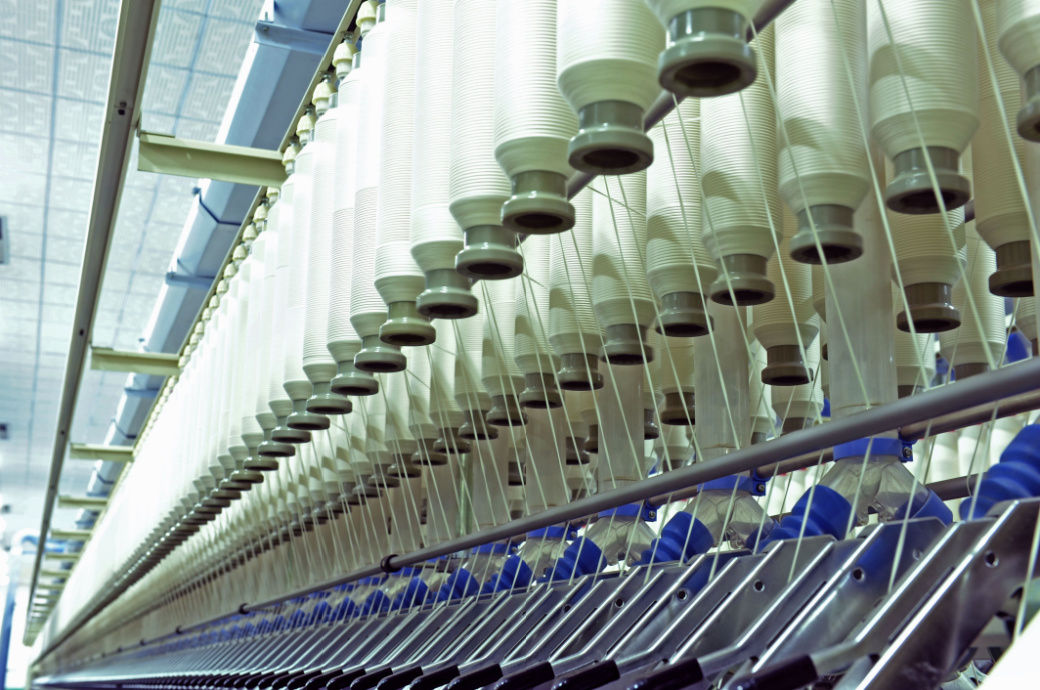
At the same time, there was renewed optimism among businesses towards the year-ahead outlook and signs of continued resilience in the labour market, S&P Global Market Intelligence said in a press release.
Business confidence remained on an upward trajectory across the German private sector, with January marking a fourth straight monthly improvement in expectations towards future activity.
Sentiment not only turned positive for the first time since last August, but it was at its highest level since Russia’s invasion of Ukraine in February of last year.
The headline S&P Global flash Germany PMI composite output index came in at 49.7 in January, up from December’s 49. Although in sub-50 contraction territory for a seventh straight month, the latest reading was the highest in this sequence and marked the third successive monthly rise in the index.
The movement towards stabilisation in January owed to signs of improvement in the service sector, where the business activity index posted above the 50 no-change threshold—albeit only just—for the first time since June last year, at 50.4.
The survey’s manufacturing output index meanwhile continued to point to a shallow downturn in factory production, registering 48.4 for a second straight month.
However, the survey continued to highlight multiple headwinds to demand, including steep inflation, tightening financial conditions, investment reticence and, in the case of manufacturing, inventory reduction, which altogether led to a further broad-based fall in inflows of new work.
January saw manufacturers’ holdings of pre- and post-production inventories decrease for the first time in 16 and nine months respectively.
Goods producers’ purchasing activity continued to fall sharply, reflecting not only lower output requirements, but also the depletion of safety stocks amid a further improvement in material availability.
The rate of increase in manufacturing input costs in fact slowed sharply to only modest pace that was the weakest since October 2020.
ALCHEMPro News Desk (DS)
Receive daily prices and market insights straight to your inbox. Subscribe to AlchemPro Weekly!